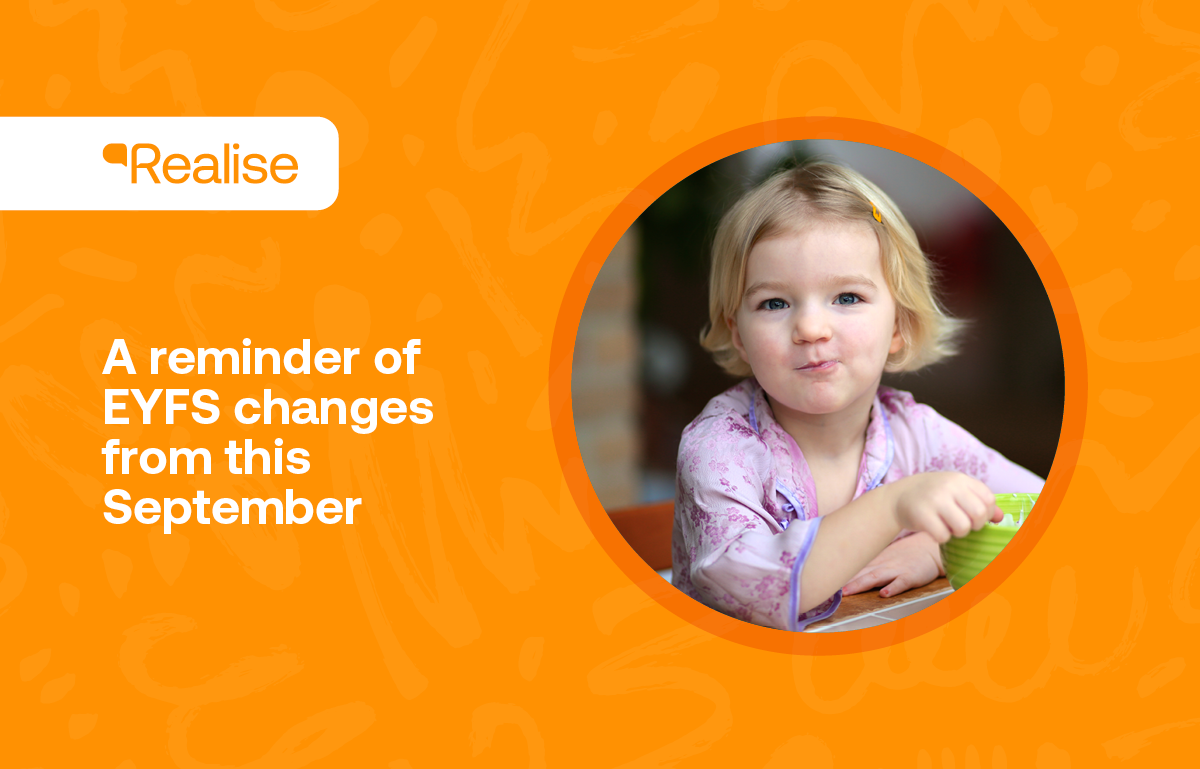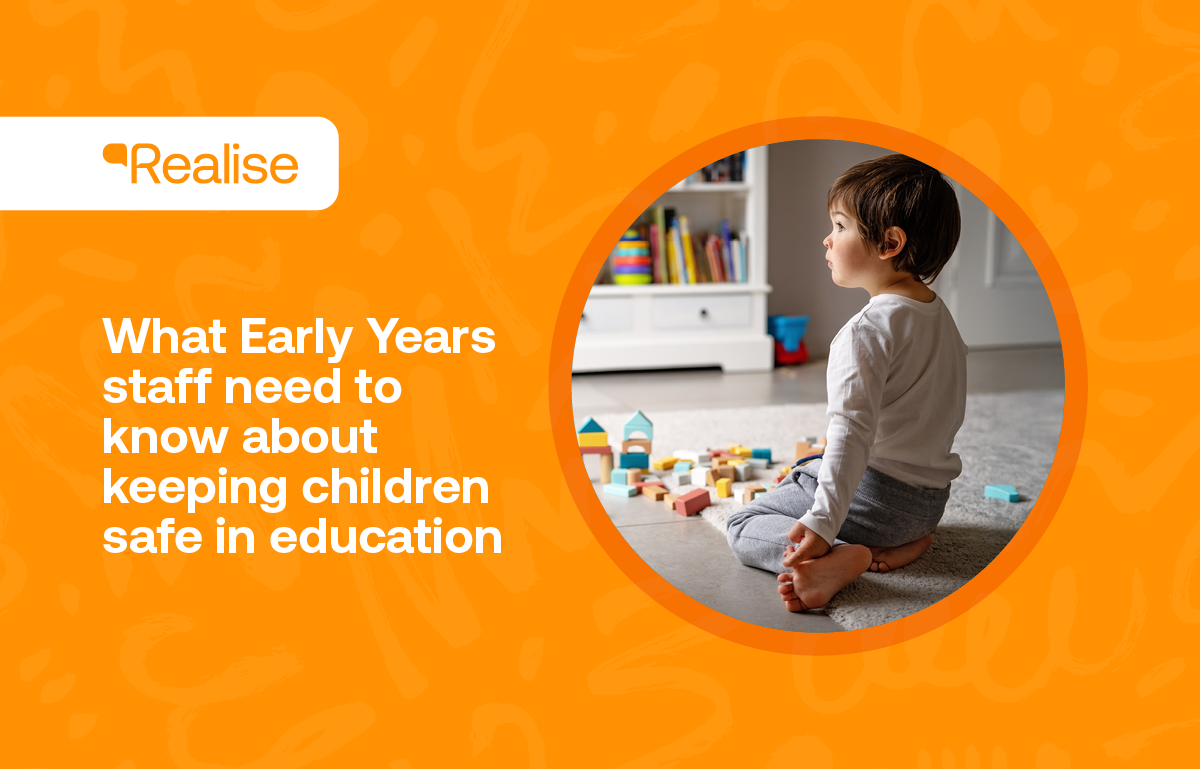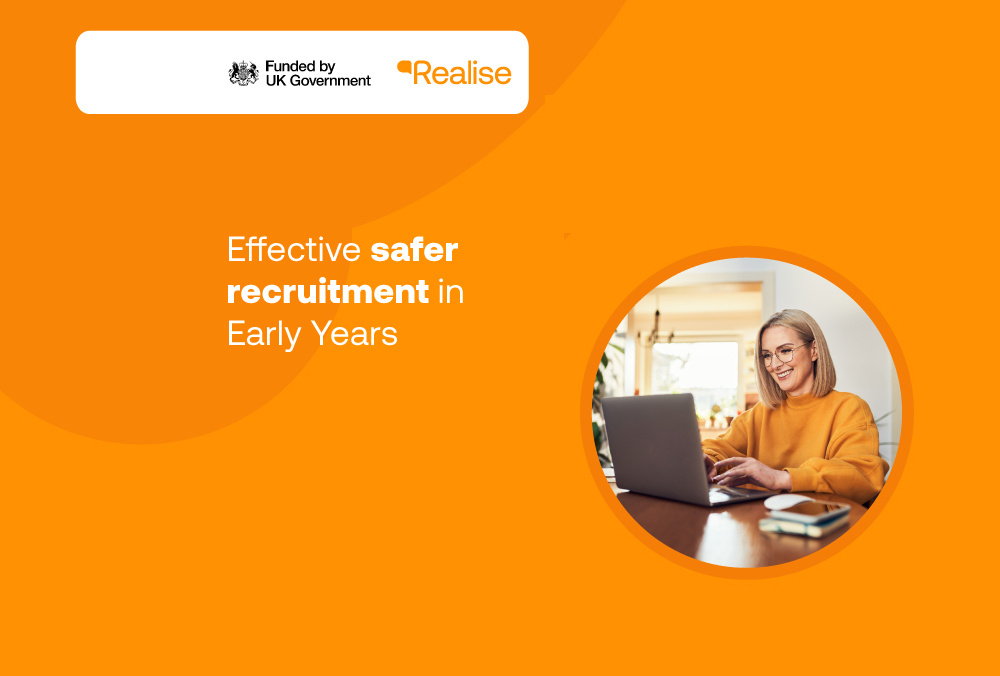

Early Years EYFS changes from this September to be aware of
Early Years EYFS changes from this September to be aware of
-
 Cathryn Edney
Cathryn Edney -
 31 July, 2025
31 July, 2025

Early Years EYFS changes from September 2025. A reminder of the updates to be aware of.
From September 2025, several important updates to the Early Years Foundation Stage (EYFS) statutory framework will come into effect. These changes are designed to improve safety, strengthen safeguarding, and offer more flexibility in early years practice. As a nursery practitioner or leader, it’s important to be aware of what’s changing and how to prepare.
Here's what you need to know:
Safer mealtimes
There is now clearer guidance to help reduce the risk of choking:
- * Avoid foods that pose choking hazards, like whole grapes, hard raw vegetables, and nuts.
- * Cut food into safe sizes - for example, quarter grapes and slice sausages lengthways. Consider having clear guidance available for reference.
- * Ensure close supervision during all mealtimes. Team members should be positioned to see all children’s faces clearly to effectively supervise.
- * Staff must be trained in paediatric first aid and understand how to respond to a choking incident.
- * Settings are expected to provide a calm and supportive mealtime environment, where children are seated safely and not rushed.
Supporting and promoting healthy eating
The updated EYFS also reinforces the importance of providing nutritious food and drink. Early years settings must offer meals, snacks, and drinks that support children’s health and development. This means:
- * Offering a balanced diet in line with government guidance. Consider extending this to be shared with families.
- * Limiting sugary snacks and drinks.
- * Encouraging children to try a variety of fruits, vegetables, and wholegrains.
- * Making mealtimes a positive social experience.
* Settings should also work in partnership with families to promote healthy eating habits both at nursery and at home.
Nappy changing and intimate care
Stronger safeguarding guidance now applies to personal care routines:
- * Use changing areas that are private but still allow for appropriate supervision.
- * Never leave children unattended on changing tables.
- * Always treat children with dignity and respect, consider how privacy is navigated.
- * Maintain accurate records of nappy changes and note any concerns.
This reinforces the message that everyday routines are an important part of safeguarding.
Paediatric first aid flexibility
The updated framework allows greater flexibility for new staff. Staff who are within their three month window to complete paediatric first aid training can now count in staff-to-child ratios, provided they are always supervised by a qualified first-aider.
Clarified expectations for childminders
Childminders must now ensure they can be contacted during outings and that back-up care is arranged for emergencies. This is to ensure children are always safe and supervised.
Advice on things to consider before these changes come in:
- * Update your safeguarding and health & safety policies.
- * Offer refresher training on choking risks and personal care.
- * Inform parents of relevant changes.
- * Review staff supervision and qualification records.
Looking for a career working in schools?
If you’ve been inspired by the story and you’re ready to gain new skills, start your journey today with Realise.
Discover our courses











